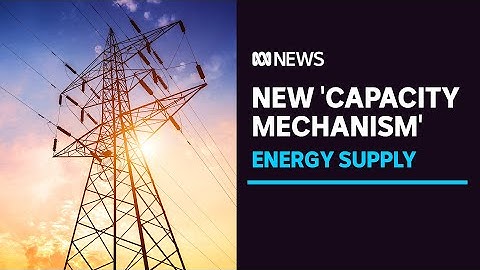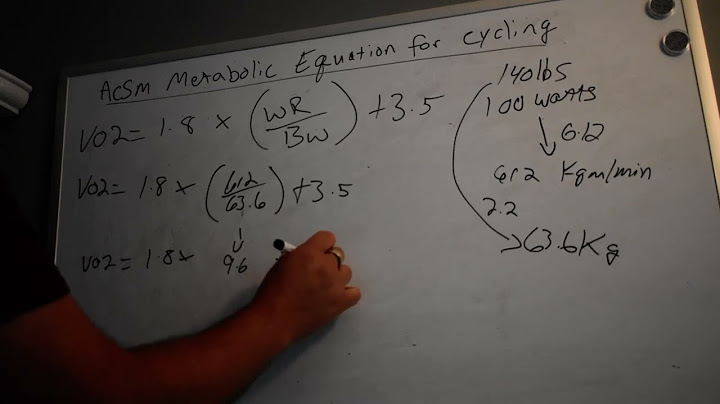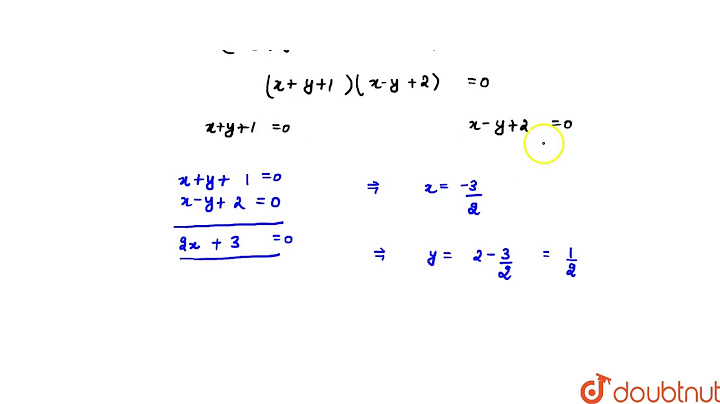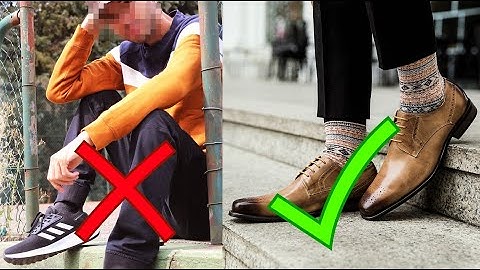    Show The Humanities and Social Sciences are the study of human behaviour and interaction in social, cultural, environmental, economic and political contexts. The Humanities and Social Sciences have a historical and contemporary focus, from personal to global contexts, and consider challenges for the future. In the Australian Curriculum, the Humanities and Social Sciences learning area comprises four subjects: History, Geography, Economics and Business, Civics and Citizenship. Through studying Humanities and Social Sciences, students will develop the ability to question, think critically, solve problems, communicate effectively, make decisions and adapt to change. Thinking about and responding to issues requires an understanding of the key historical, geographical, political, economic and societal factors involved, and how these different factors interrelate. The Humanities and Social Sciences subjects provide a broad understanding of the world in which we live, and how people can participate as active and informed citizens with high-level skills needed for the 21st century. The subjects taught in Humanities and Social Science classes include:
The electives taught by Humanities and Social Sciences include: Year 9 Year 10
Key IdeasThrough their learning in each subject, students develop knowledge and understanding relating to broader enduring ideas that underpin the Humanities and Social Sciences in the Australian Curriculum, which are represented in varying ways across the subjects. The key ideas are outlined below: Who we are, who came before us, and traditions and values that have shaped societies Students explore their own identity, Australia’s heritage and cultural diversity, and Australia’s identity as a nation in the world. They examine the significance of traditions and shared values within society. How societies and economies operate and how they are changing over time Students learn about Australian society and other societies in the world, both past and present; and how they function socially, culturally, economically, and politically. Students examine developments that are bringing about change. The ways people, places, ideas and events are perceived and connected Students are provided with opportunities to explore different perceptions of people, places, ideas and events. They develop an understanding of the interdependent nature of the world and the interrelationships within and between the natural environment, human communities, and economies. They explore how people, ideas and events are connected over time and increasingly interconnected across local, national, regional and global contexts. How people exercise their responsibilities, participate in society and make informed decisions Students examine how individuals and groups have participated in and contributed to society past and present. They examine the rights and responsibilities of individuals and groups over time and in different contexts. They develop an understanding of the need to make decisions, the importance of ethical considerations and being informed when making decisions, the processes for decision-making and the implications of decisions that are made for individuals, society, the economy and the environment. Key SkillsThe Humanities and Social Science subjects include a range of skills that can be represented broadly as questioning, researching, analysing, evaluating and communicating. Students apply these skills to investigate events, developments, issues, and phenomena, both historical and contemporary. Each subject has a different way of working. Skills and strategies for each Humanities and Social Science subject need to be taught explicitly. The type of questions asked, the information, evidence, and/or data gathered, and the analysis applied will vary by subject. Questioning Students develop questions about events, developments, issues and/or phenomena. Researching Students collect and organise information, evidence and/or data from primary and secondary sources. Analysing Students interpret and analyse information, evidence and data to identify key points, points of view, perceptions and interpretations. They identify the purpose and intent of sources and determine their accuracy and reliability. Evaluating Students draw evidence-based conclusions; propose explanations for events, developments, issues and/or phenomena; and suggest courses of action in response to an issue or problem. Communicating Students present findings in appropriate forms for different audiences and purposes using subject-specific terminology. Years 11 and 12The knowledge, skills and values acquired during the Lower School Program will equip students to successfully complete one or more of the Upper School Courses of Study:
Value Adding Experiences The Humanities and Social Sciences program also offers students a variety of exciting and interesting events in which they can participate. Humanities and Social Sciences students have the opportunity to participate and engage in a variety of activities and competitions which enriches their learning experience.
|

zusammenhängende Posts
Werbung
NEUESTEN NACHRICHTEN
Toplisten
#1
#3
#4
Top 6 tlc mein leben mit 300 kg cillas 2022
1 Jahrs vor#5
Top 8 ich liebe dich unendlich italienisch 2022
2 Jahrs vor#6
#7
Top 9 windows 8.1 update-suche dauert ewig 2022
1 Jahrs vor#8
Top 9 co2 flasche füllen in meiner nähe 2022
1 Jahrs vor#9
Top 5 britax römer king 2 gurte einbauen 2022
1 Jahrs vor#10
Werbung
Populer
Werbung

Urheberrechte © © 2024 frojeostern Inc.


















